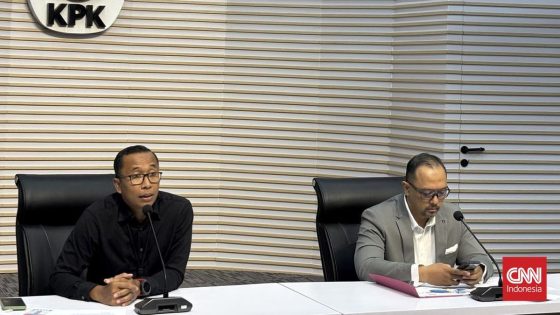On January 24, 2025, it was revealed that the government of Carlos Mazón declined assistance from the Catalan government during a critical moment of the cold drop emergency. Joan Delort, the former director of Fire Prevention and Extinction, shared shocking details about how offers for help were repeatedly rejected, even as disaster unfolded.
- Carlos Mazón's government refused Catalan aid
- GRAE helicopter turned away from Móra d’Ebre
- Consorci Provincial de Bombers eventually accepted help
- Allegations of incompetence within Valencian government
- Previous cooperation with Ximo Puig's administration
- Request for aircraft during 2022 and 2023 fires
Why would a government refuse aid when lives are at stake? Delort’s account raises serious questions about the decision-making process during emergencies.
Why Did the Valencian Government Reject Catalan Help During the Crisis?
How can a government overlook vital assistance during a disaster? This is the question raised by Delort’s revelations. The refusal of aid not only highlights potential incompetence but also reflects a breakdown in intergovernmental cooperation.
Implications of the Mazón Government’s Decision on Emergency Response
The implications of rejecting assistance during emergencies can be severe. Here are some key points to consider:
- Increased risk to public safety as resources are not fully utilized.
- Potential for greater damage and loss of life during disasters.
- Long-term impacts on relationships between regional governments.
- Need for improved protocols for accepting aid in future emergencies.
Lessons Learned from the Cold Drop Emergency
What can we learn from this crisis? The cold drop emergency serves as a stark reminder of the importance of accepting help when needed. Effective disaster management requires collaboration and open lines of communication between all levels of government.
Future Steps for Improved Disaster Management in Spain
To prevent similar situations in the future, Spain must focus on enhancing its disaster response strategies. This includes establishing clear protocols for accepting aid and fostering better relationships between regional governments.
Public Awareness and Preparedness in Crisis Situations
Public awareness is crucial during emergencies. Citizens must be informed about the resources available and how to access them. Additionally, governments should prioritize training and preparedness to ensure an effective response when disasters strike.
In conclusion, the refusal of aid during the cold drop emergency highlights significant flaws in disaster response protocols. It is essential for governments to learn from these mistakes to protect citizens in future crises.
































